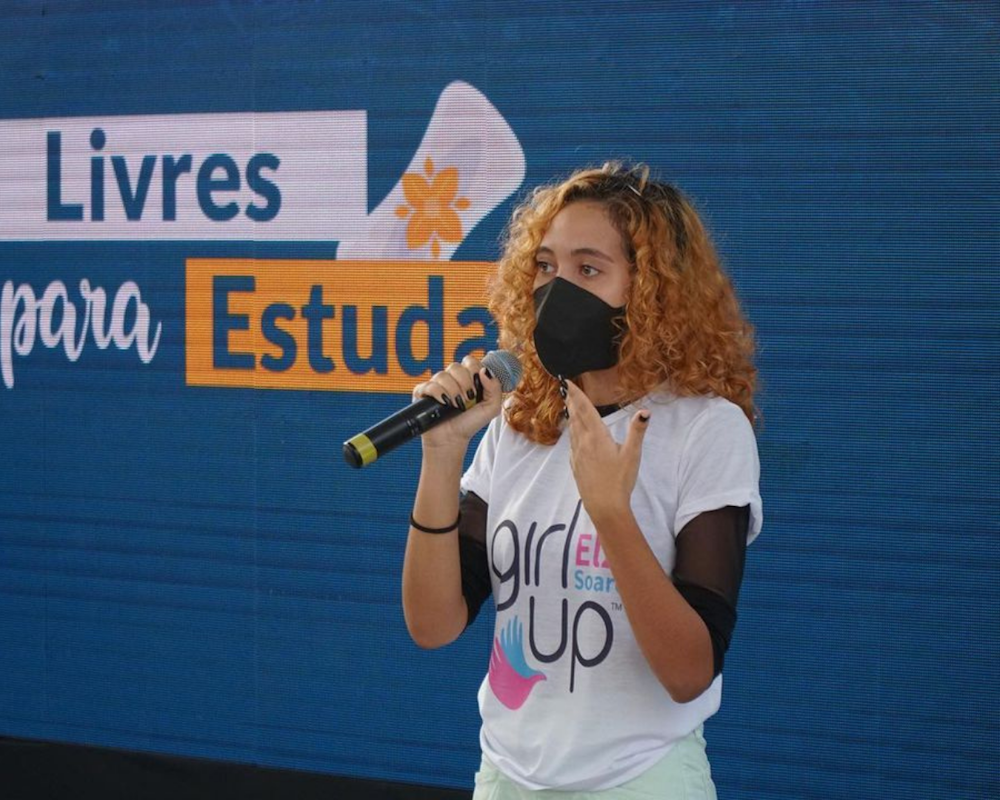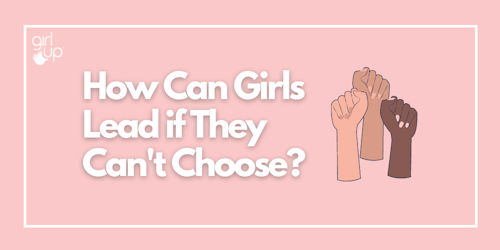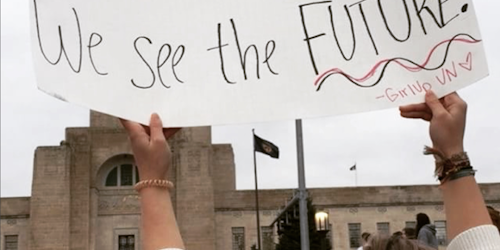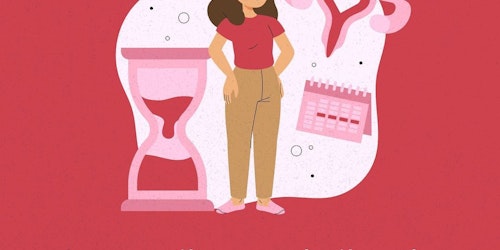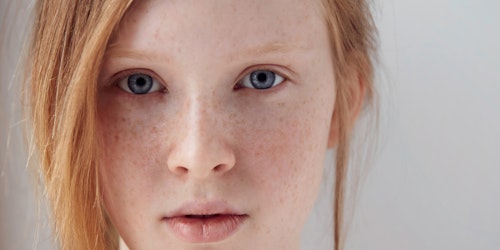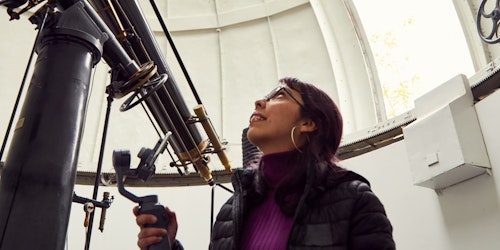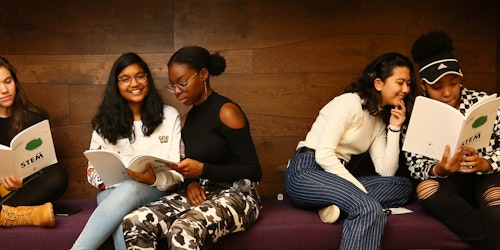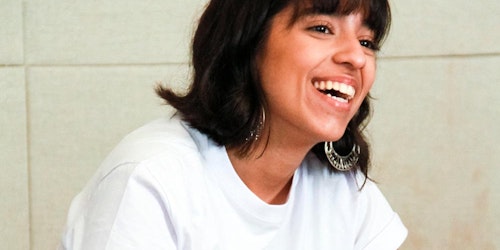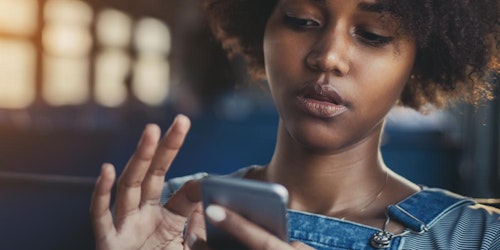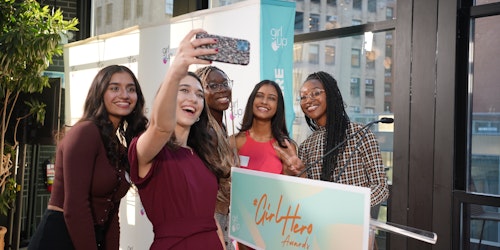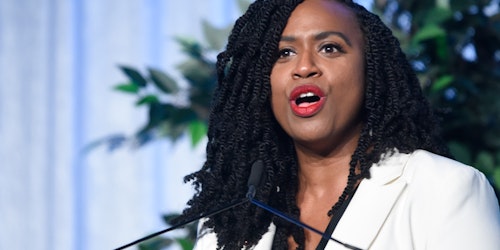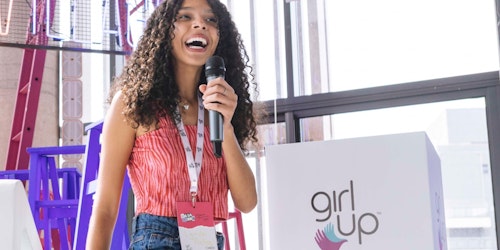Introduction
Her Body, Her Choice
Sustainable Development Goal 3 ensures healthy lives and promotes well-being for all. Aligned with the global consensus on reproductive health and rights established by the 1994 International Conference on Population and Development (ICPD) and stronger commitments made on sexual health and rights at ICPD25, Girl Up affirms that young people around the world require information and access to services that enable them to make critical decisions about their lives and bodies and exercise their right to bodily autonomy.
Why Girls?
Girls are often unable to make autonomous decisions about their bodies, as are LGBTQI+ youth, adolescents with disabilities, and adolescents experiencing humanitarian crises. Members of minority groups are more at risk of sexual and reproductive health and rights violations and have less access to the resources and services they need to exercise their sexual and reproductive rights.
Sexual and reproductive health, rights, and justice (SRHRJ) requires access to a full range of information, services, and support, including comprehensive sexuality education; contraception; menstrual hygiene products and facilities, safe pregnancy, safe birth and support for becoming a young parent; safe abortion; prevention and treatment of HIV/AIDS and other sexually transmitted infections; prevention, detection, and counseling for gender-based violence (GBV); and counseling and care for sexual health and wellbeing.
Often, young people cannot exercise their right to bodily autonomy due to legal, economic, and social barriers to bodily autonomy and agency.
-
50%
of all women globally are denied their bodily autonomy, including healthcare decisions (UNPF, 2021)
-
12 million
girls under the age of 18 are married each year (UNICEF, 2020)
-
15%
of young women give birth before age 18, which can derail their development and livelihood (UNICEF)
-
7 million
women per year are treated in hospital facilities for complications from unsafe abortion (WHO, 2021)
Harmful practices such as female genital mutilation and early marriage also violate the bodily autonomy of girls. Gender norms and stereotypes, which encourage sexual harassment and assault, assumptions about roles within relationships, and unequal burdens of care work, also impact girls’ ability to participate in their own health care decisions, access educational and economic opportunities, and engage as full citizens in their communities.
Each individual is best placed to assess and make decisions about their body. Girl Up does not dictate any particular choice for our members and recognizes that our members have diverse opinions and experiences. However, we unequivocally support the right of any individual to make decisions about their body, life, and future.
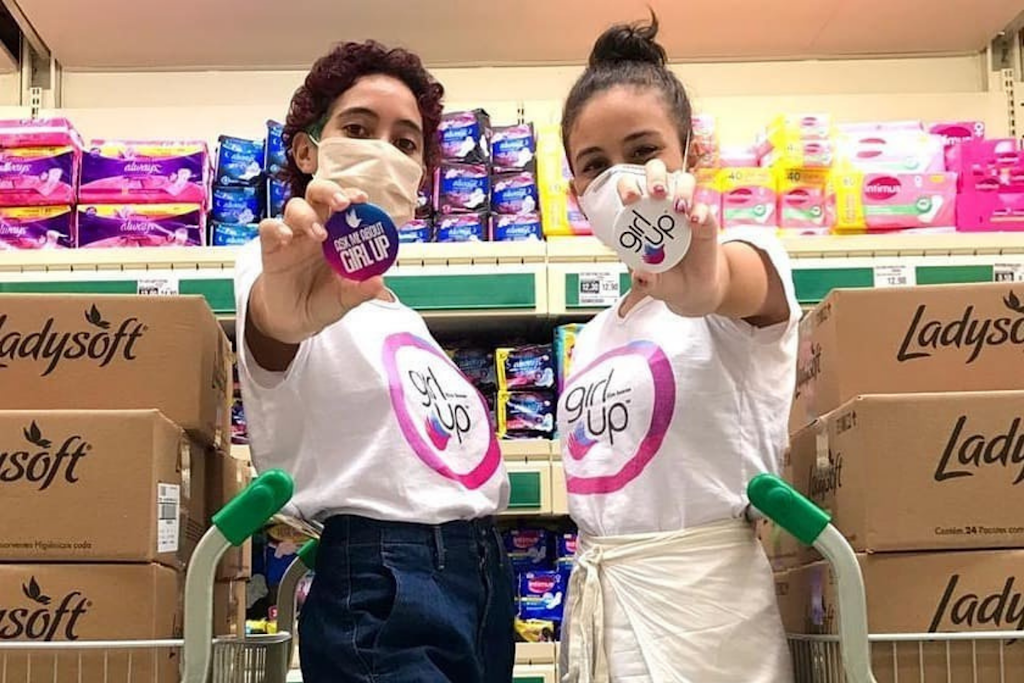
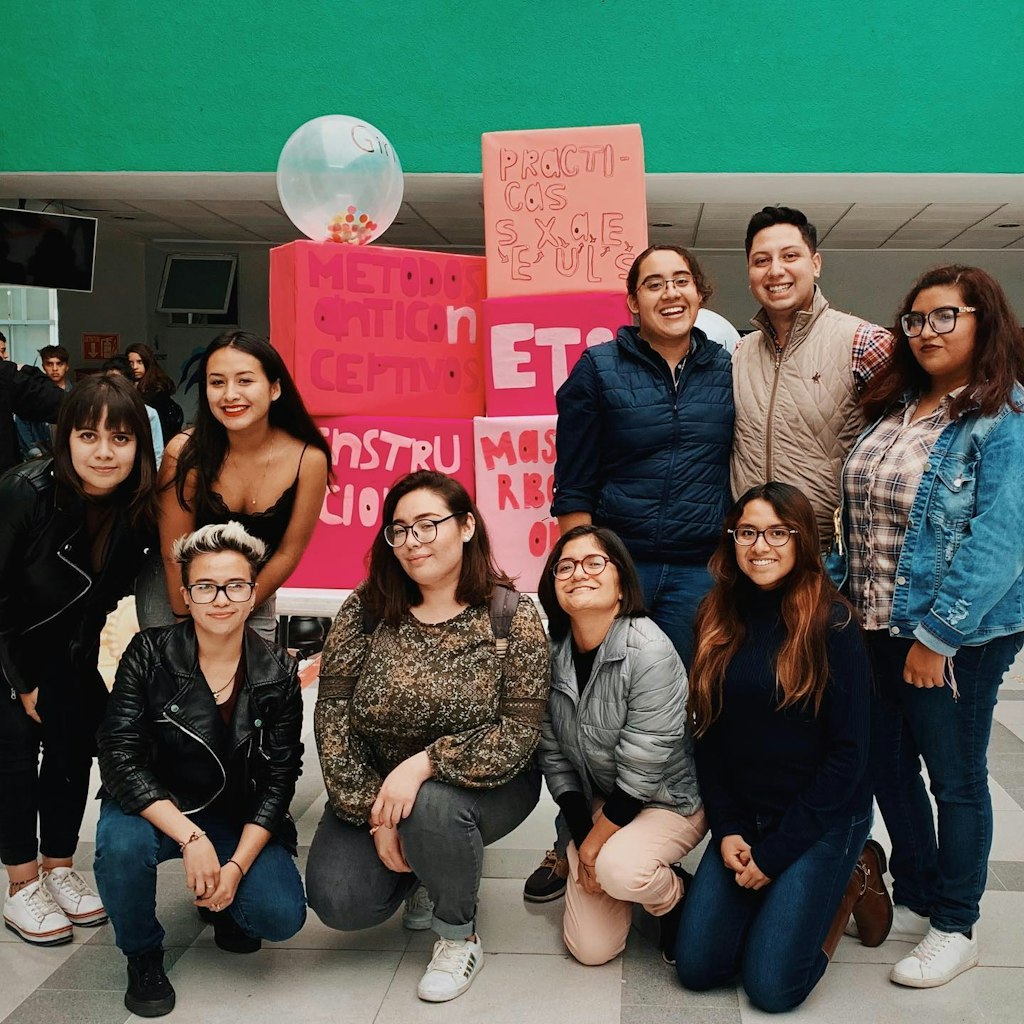
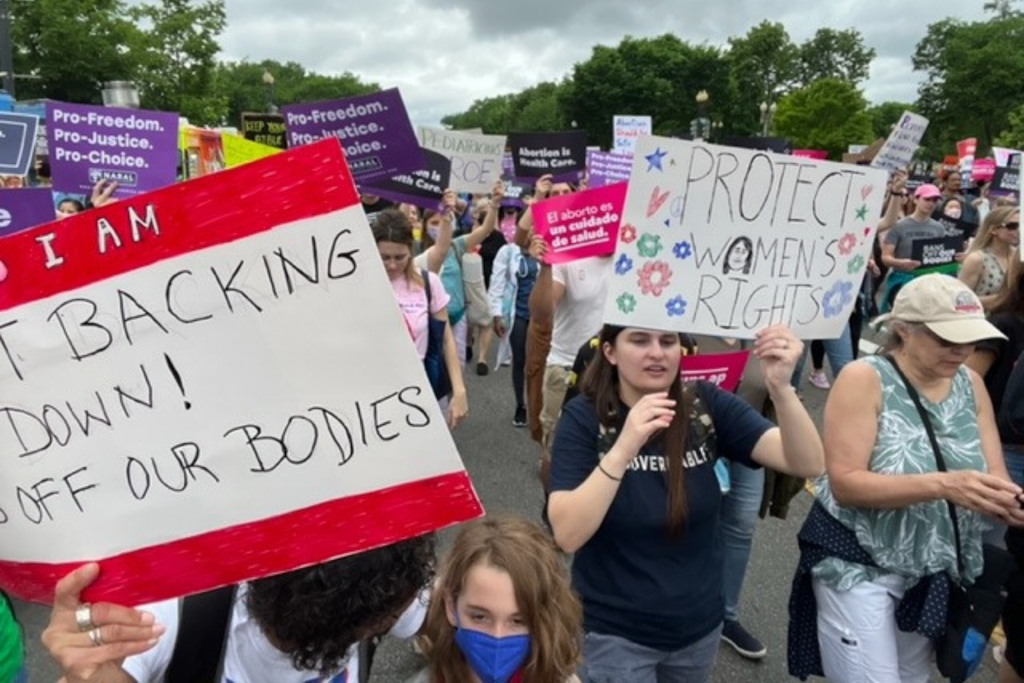
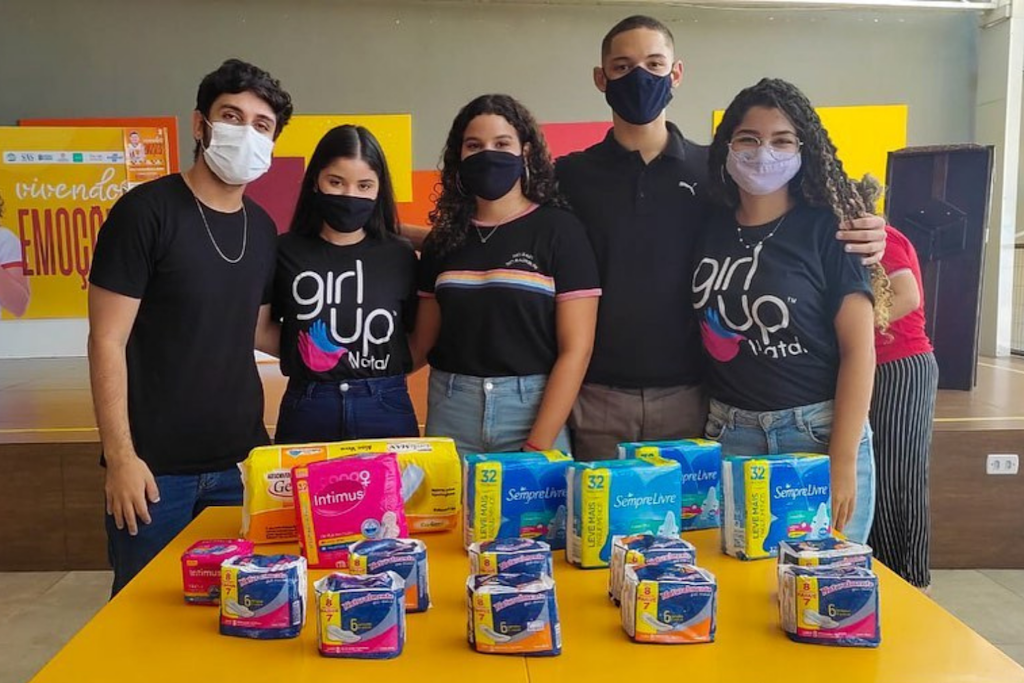
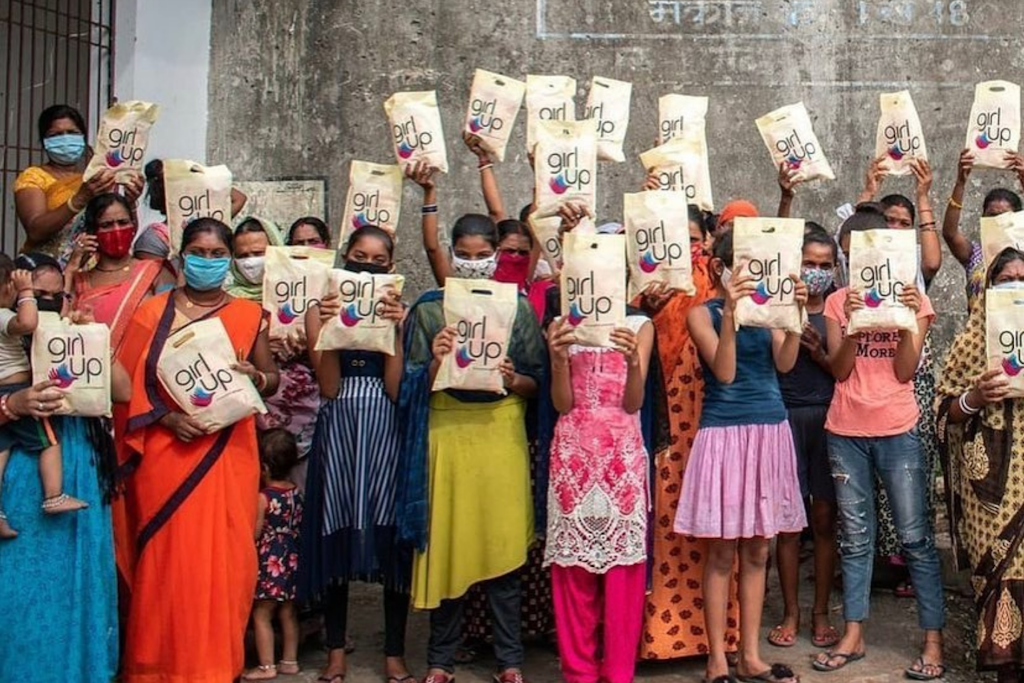
Get Involved
In recent years, there has been both progress and setbacks on SRHRJ policies and laws worldwide. Girl Up Clubs and changemakers are advocating for the breadth of rights that comprise SRHRJ – from LGBTQI+ rights in Poland and the US to addressing violence against women in India, Kenya, Mexico, and Australia, menstrual dignity in Brazil, to abortion access in the US, Romania and Argentina. This local and national advocacy is supported by global advocacy and agreements.
If you want to learn more, visit Girl Up’s SRHRJ Group in our online Community to connect with other youth leaders and to find resources to support your advocacy on SRHRJ.

